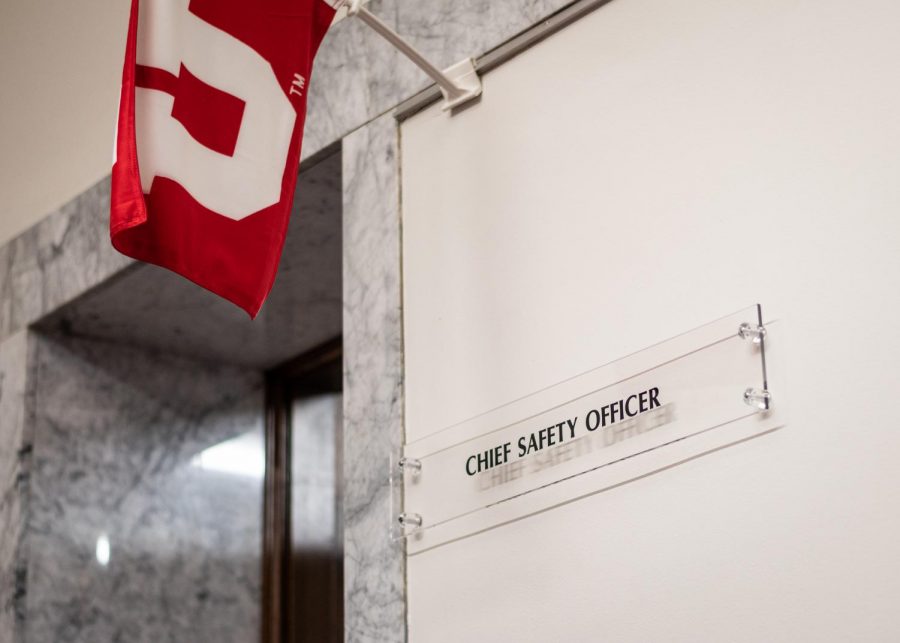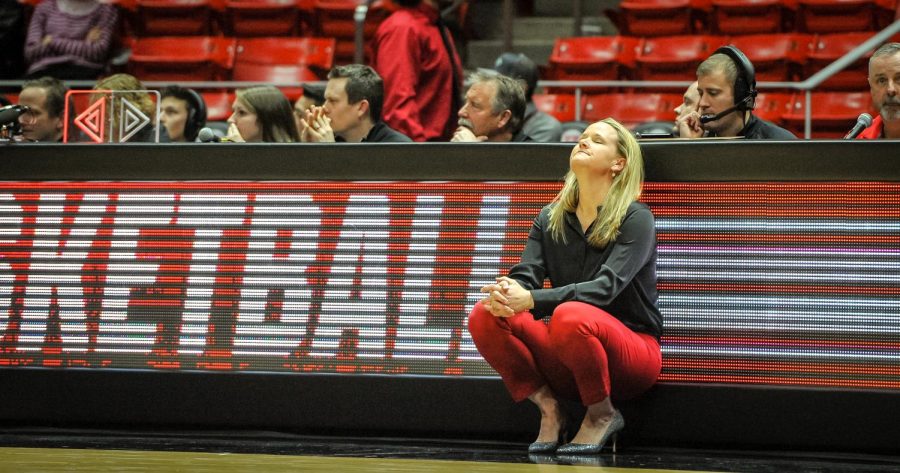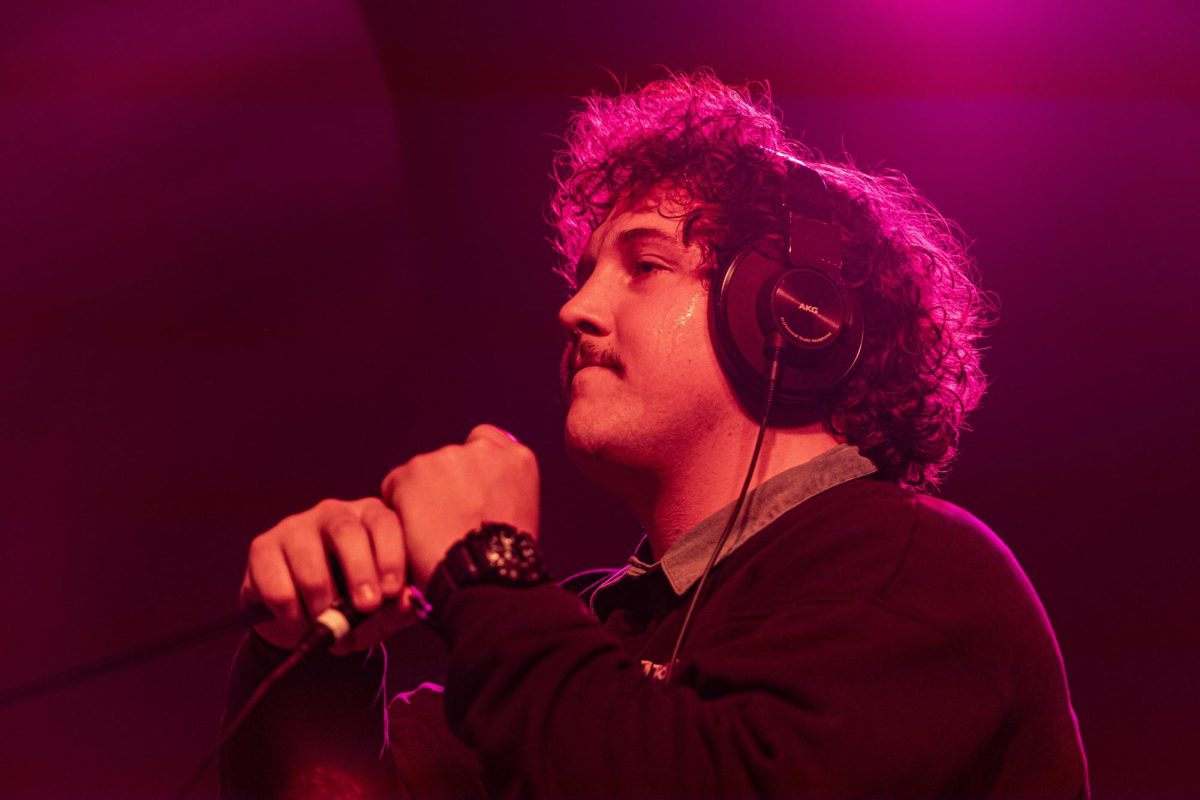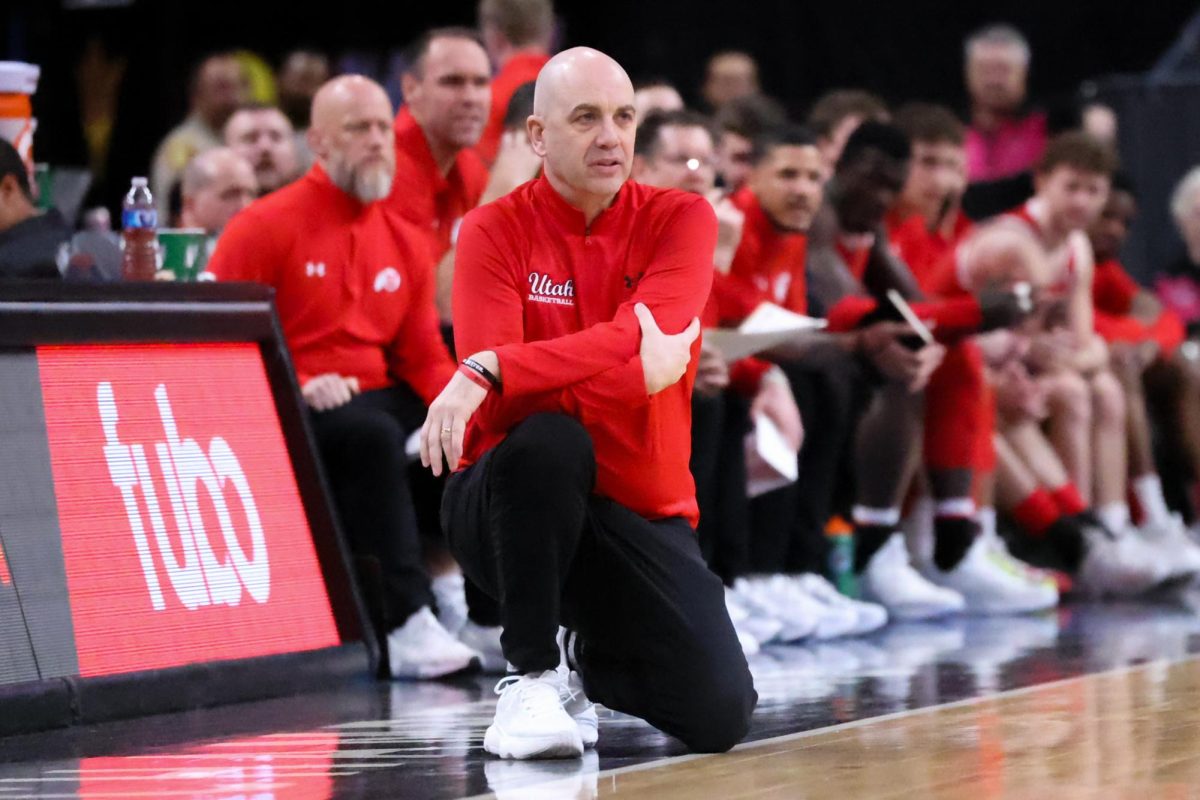SAFE Hosts Town Hall with U Campus Resources, Discusses Sexual Assault and Reporting
The chief safety officer’s office in the John R. Park building on campus on Feb. 2, 2021. (Photo by Jack Gambassi | The Daily Utah Chronicle)
April 10, 2022
Representatives from the University of Utah Police Department, the Office of Equal Opportunity, campus safety and the Center for Student Wellness participated in a town hall meeting to answer questions about sexual assault resources and the reporting process.
The event was organized by Students for Action Focused Empowerment on March 29, 2022.
After the sexual assault reports from two fraternity houses earlier this semester, Lucas Butterfield, treasurer at SAFE said the club was looking for a way to connect students to the administration.
“And we thought it was by understanding how sexual assault investigations happen on campus and what resources exist,” Butterfield said. “I think whenever an incident happens like that, there is a lot of mistrust.”
The panelists were Ellie Goldberg, assistant director of advocacy for the CSW, Brian Nicholls, special assistant to the Chief Safety Officer, Erica Wood, intake coordinator at OEO and Heather Sturzenegger, UUPD lieutenant.
The panel started off by discussing the process of reporting sexual misconduct. Nicholls said the biggest thing for the administration to do for survivors is to get them connected to resources.
When a report is made to the university or to a mandatory reporter, OEO reaches out to the reporter to connect them to resources and talk about how they want to proceed, said Nicholls.
“I think that’s the biggest part is just to make sure that the first response is to get them connected to support and resources,” he said.
At the U, all responsible employees are mandatory reporters and are required to report knowledge of sexual misconduct to OEO. Mental health staff and the victim-survivor advocates are not mandatory reporters and are confidential.
Nicholls said there are a few different ways a person can proceed after reporting sexual misconduct. They can choose to have an investigation be done, either civilly through OEO and Title IX or criminally through campus police. Additionally, a survivor can choose not to have an investigation and work with the university to receive any support needed.
On the police side of the process, Sturzenegger said they have a crime-victim advocate to help survivors through the criminal justice system process.
Sturzenegger said the campus police are responsible for doing the investigation and collecting evidence but it’s the district attorney’s office that gets to decide what charges will be brought against the perpetrator, if any.
Nicholls stressed that any retaliation against a person for reporting is prohibited under all circumstances.
“It’s prohibited by university policy and federal law to punish that person for reporting something if evidence didn’t support what they were reporting,” Nicholls said. “So they’re protected from retaliation.”
During the town hall, panelists were asked about the university’s response to the increasing problem of sexual assault on campus. Nicholls said because these crimes are typically underreported, it’s likely there is no actual increase in sexual assault, just an increase in reporting.
“It’s probably unlikely that it’s increasing,” Nicholls said. “The reporting may be increasing, which is actually from our perspective, a good thing.”
In addressing the university’s response, Nicholls said they are having more conversations about how to make the reporting process better for those reporting and avoid re-traumatizing the victim.
Sturzenegger added campus police have training for detectives on how to conduct sexual assault investigations in a “trauma-informed and victim-centered way,” part of that training including how to conduct trauma-informed interviews.
While the university welcomes anonymous reports, Nicholls said this limits their ability to get a victim connected to resources and hold the person responsible accountable.
Additionally, he said in order for an offender to be held accountable, the victim has to be willing to go through the investigative process.
Nicholls added that the OEO and campus police keep a database of reports so if the same name keeps getting brought up, that can help the case of a victim who chooses to be identified.
It’s common for victims to not want to report because they don’t want to go through the process, said Goldberg, a victim-survivor advocate with CSW.
“Most of the processes can be very, very difficult, very taxing emotionally and on your time and capacity and your bandwidth, and your well-being,” she said. “I think it’s scary and overwhelming for a lot of folks.”
Goldberg added there’s a lot of information and misconceptions out there and this can be overwhelming for survivors.
“I think when people have more information about what actually happens when you report,” she said, “they are more likely to be able to … weigh whether or not it is the right option for them.”








